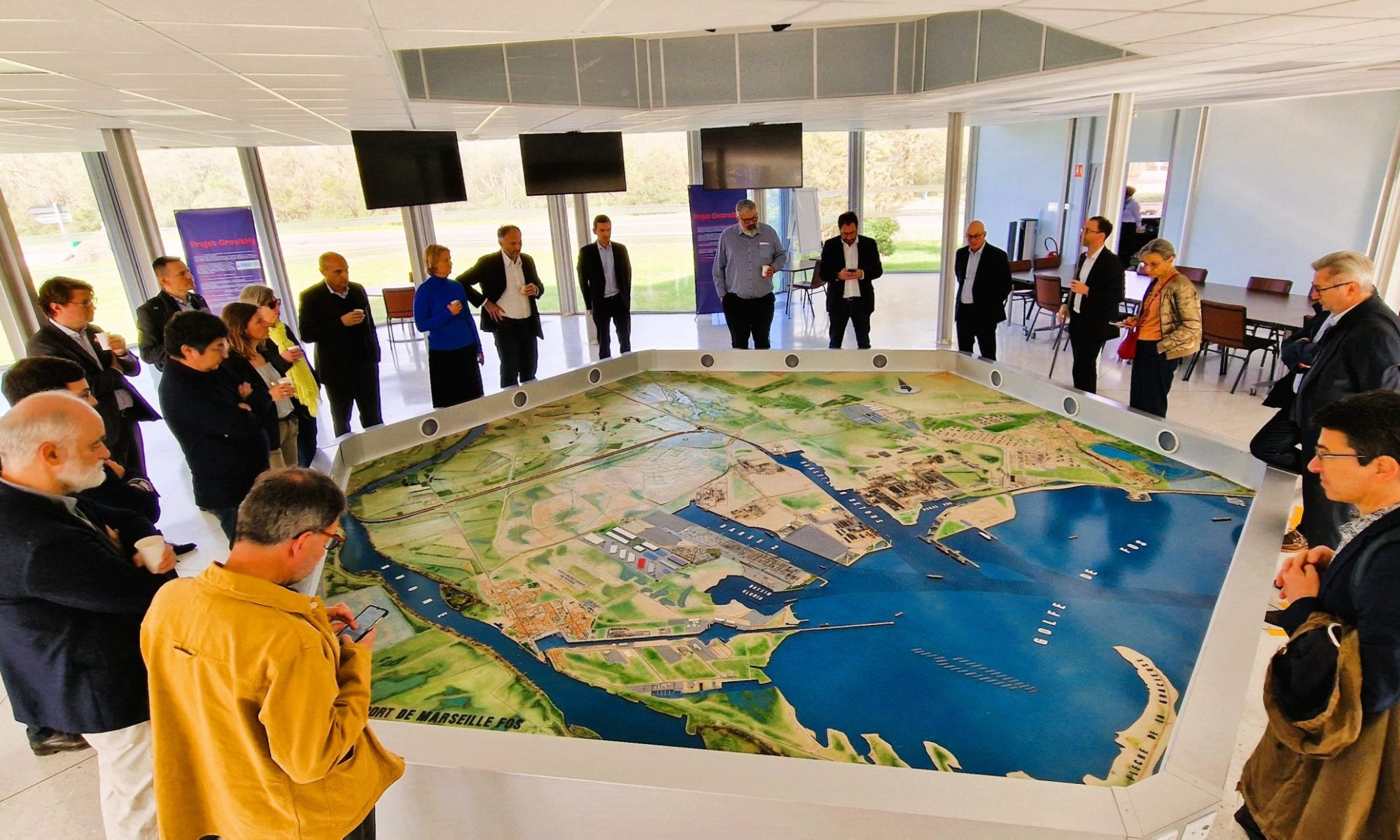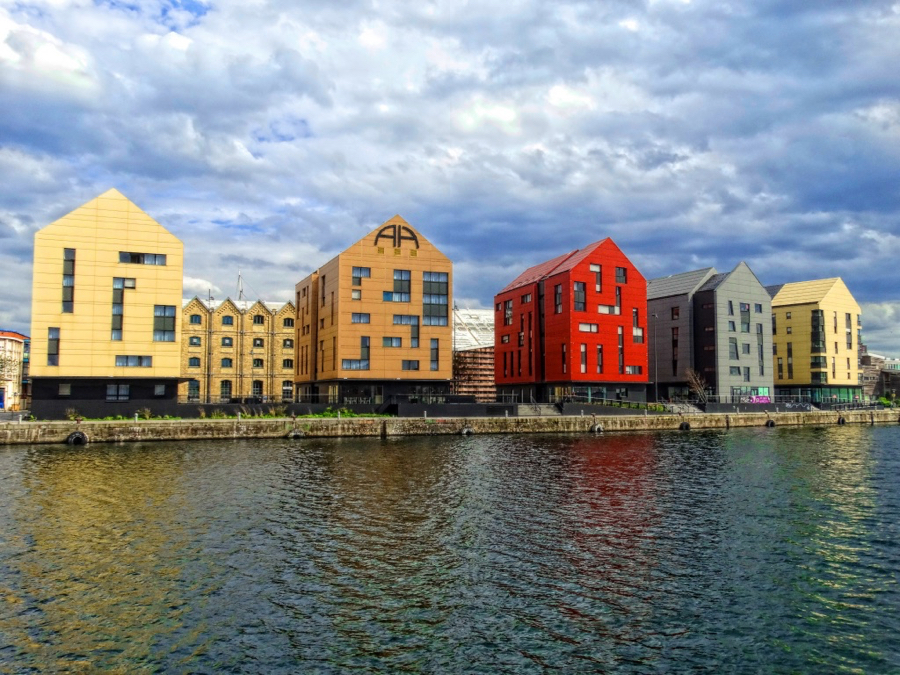Challenges of the energy
and ecological transition of territories
Climate, biodiversity, resources …
The inventory is more than worrying. Urgency and long-term collide, solutions will be systemic or will not be.
The Chief Executives of the larger local authorities are well-positioned to understand it, and they act, but the magnitude of the necessary changes is still difficult to imagine.

This 18th BEST meeting was certainly not the first to address the issues of energy and ecology, but we wanted to dedicate it fully to these topics, and we definitely did not lack issues to deal with.
Jean-Marc Jancovici’s fascinating but disturbing introductory presentation on the magnitude of the task ahead could have darkened these two days with a veil of discouragement.
But no. The pessimism of reason does not exclude the optimism of the will. After all, what brings us together here if not the will to act for the public good, and the conviction that solutions exist? The experiences shared during this meeting enriched us with a large number of new ideas.
However, in a complex world, it is necessary to simplify to act. Hence the importance of understanding what is happening at different scales, including the one regarding our territories, where many issues are at stake. This is true for ourselves, of course, but also for our elected representatives, the staff of our institutions and all of our fellow citizens.
I am happy that this 18th meeting in Dunkirk has contributed to this, for each of us now to in turn disseminate its lessons.
Patrick Lambert
Chief Executive of the Urban Community of Dunkirk
PROGRAM
Facts and perspectives
Climate disruption and the decline of fossil fuels: what are the consequences for our way of life?
> Jean-Marc JANCOVICI, Co-founder of Carbone 4, Chairperson of The Shift Project, member of the High Council for the Climate
The fall of biodiversity and the solutions to curb it
> Luc ABBADIE, Professor of Ecology at Sorbonne University, Institute of Ecology and Environmental Sciences of Paris, Institute of Environmental Transition of Sorbonne University
Rethinking cities in the post-carbon society
followed by
Climate and democracy: urgency and deepening
> Éric VIDALENC, Project leader, Prospective, Energy and Resources at ADEME
Response strategies of local authorities
“Dunkirk, creative energy”
> Patrick LAMBERT, Chief Executive of the Urban Community of Dunkirk
Rev3, the Third Industrial Revolution in Hauts-de-France
> Virginie RENAULT-CREDOZ, Director of the 3rd Industrial Revolution in the Hauts-de-France Region
The energy transition in the transport sector: the example of Strasbourg
> Pierre LAPLANE, Chief Executive of the City and the Eurometropolis of Strasbourg
Introduction to Territorial Resilience and the Strategy of the City of Paris
> Sébastien MAIRE, General Delegate for Ecological Transition and Resilience in the City of Paris
“The Montpellier Manifesto for an Ecological and Humanist City”
> Rémi AILLERET, Deputy Chief Executive Sustainable Development of Montpellier 3 M and the City of Montpellier
Activities and cooperation of cities in agriculture and food: example of Lille
> Bruno CASSETTE, Chief Executive of the European Metropolis of Lille
Tools for action
Communities key to the TEE (Energy and Ecological Transition) and the fight against global warming
> Éric VÉSINE, Head of Territorial Policy Department at the Executive Direction of the Territories of ADEME
How to accelerate the energy and ecological transition in the territories?
> Herminie de FRÉMINVILLE, Coordinator of the Energy Transition – Recovery Energy/Industries Division at the ADEME Hauts-de-France Regional Office
A central lever of the TEE: the renovation of the residential and tertiary housing stock
> Jean CARASSUS, Professor at the École Nationale des Ponts et Chaussées, member of the Sustainable Building Plan Office
Which territorial public finance instruments to achieve the objectives of the transition?
> Pierre DUCRET, Chairperson, and > Morgane NICOL, Director of Territorial Activities of the I4CE (Institute for Climate Economics) think tank
© photo e-tchango, Creative Commons

